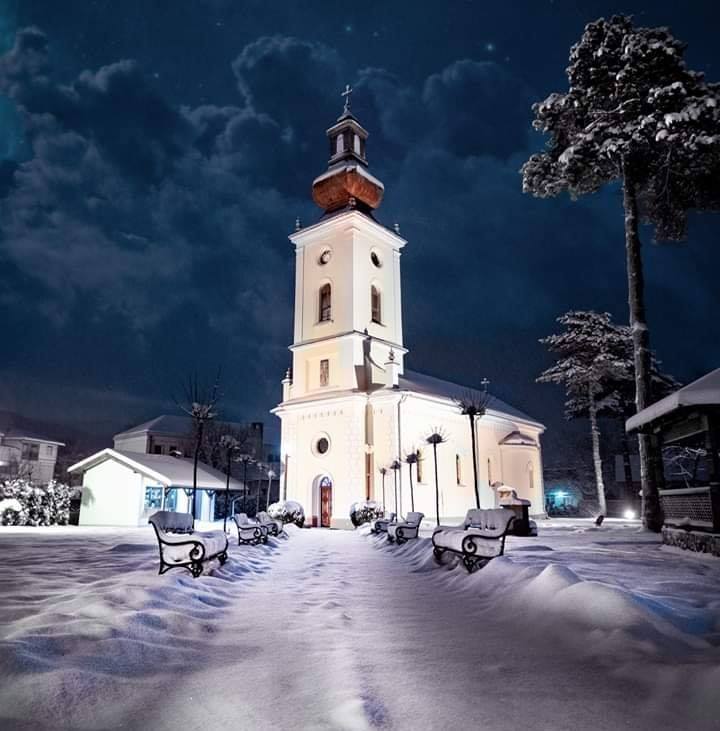[On the youth of Despot Stefan Lazarević]
And what to say about him [Stefan] who shone forth [from Lazar and Milica], displaying many of their traits, and primarily himself surpassing all who came before? He was to be versatile and above nature, the fruit of trees planted by the water’s source.
Moving on to discuss him, I feel as though I am casting myself into ocean currents that cannot be sailed across and which are unexplored; yet, still, though battered by the waves of life, I embarked on this voyage, keeping to the shore; for we did not serve him from childhood – and this was earlier – and to speak of him at that time we are not able.
He was exceptional even as a youth; and he was raised by pious individuals and day by day he proved that he would be gifted in everything: in speech, and in action, by which he distinguished himself. Just as they say about Alexander of Philip, when his father was at war somewhere, he sadly told his peers: “My father accomplishes all virtues, and I will have nothing.” Similarly, this one, as a child, looking at the church (which his father had built), said: “I will raise a bigger and more beautiful one.” About wars similarly; and other words akin to prophecy [he spoke]; simply in every skill, whether it was of divine or human wisdom – whatever he touched, he soon proved better than his teachers.
Whether it was about warfare, combat, and the arts, which are not easy for many, in all these he was foremost and guided others. He was perfect in everything. In the beauty of his body and strength, he was among his peers like the sun amidst the stars, and [in] speeches outstanding, like no one before; and he was like Solomon when he says: “Above all who were before me in Jerusalem,” [Book of Ecclesiastes, 1:16.] [such was he in] all customs and words, with which many times many [things] are gained and conquered without blood.
Where many times armies have failed, which have tried, and the weapons of many ships, there enlightenment alone has succeeded. We have many examples of this everywhere: the capture of the great and wonderful cities of Babylon and Troy; Cyrus when he quickly attacked the Assyrians and the Greeks; when for Menelaus’s wife Helen, Troy was destroyed, and Themistocles defeated the Persians with ships and forced Xerxes to flee, the mosquito of that fierce lion, and much such can be found. Since purity cleanses the soul and courage is conveniently combined with good learning and merging together remains indivisible, it always succeeds and so to say remains innate. All this [in Stefan] combines as purity and the totality of virtues. So much about his early youth.
When he came of age, he covered what had been with the veil of oblivion, adding to great deeds even greater ones, and if someone else had achieved any part (of this), he would consider it great, being subject to human passion. But this one was not only not subject to this, but also in such great regal magnitude, he omitted nothing useful, remaining steadfast, avoiding what God opposes, which is inconvenient for those who rule, so that even angels marvelled. He did not deviate from the path of righteousness and royalty.



